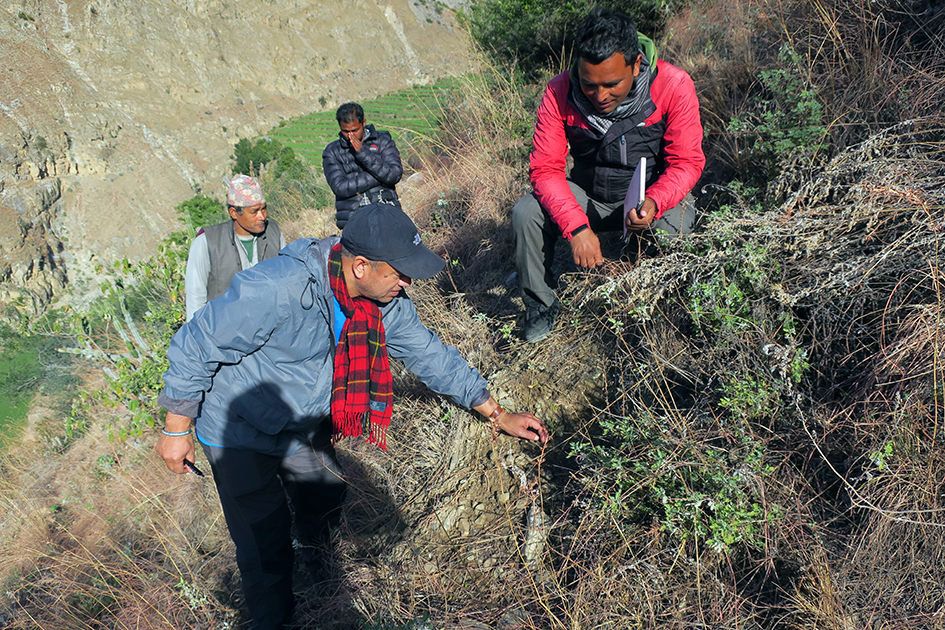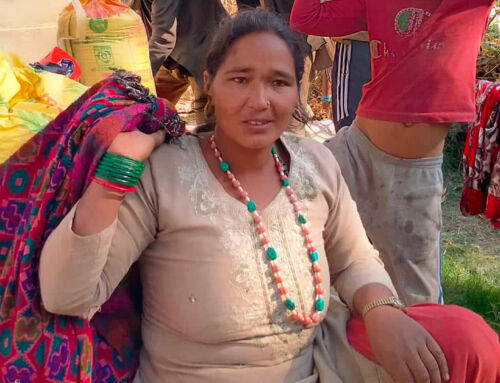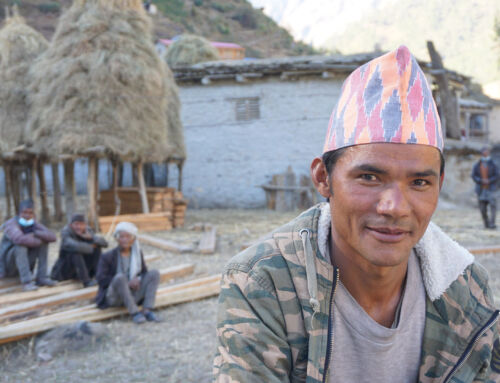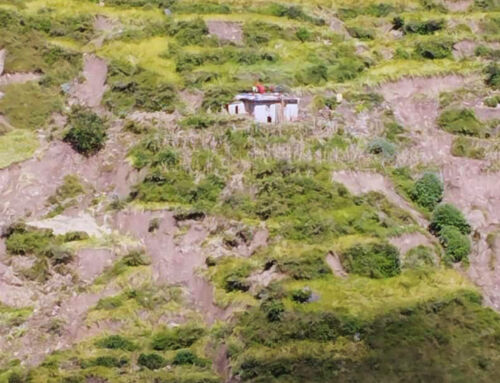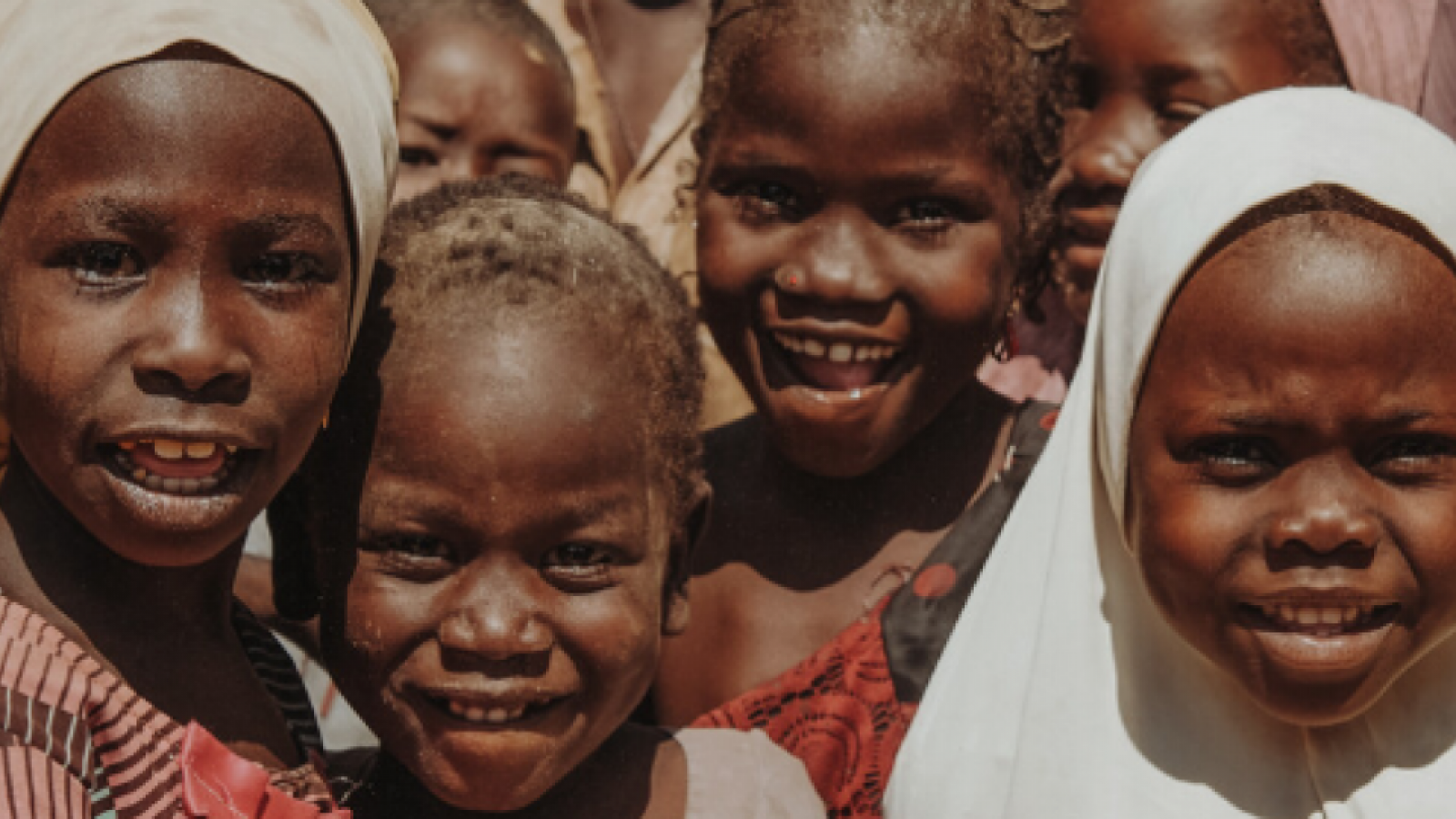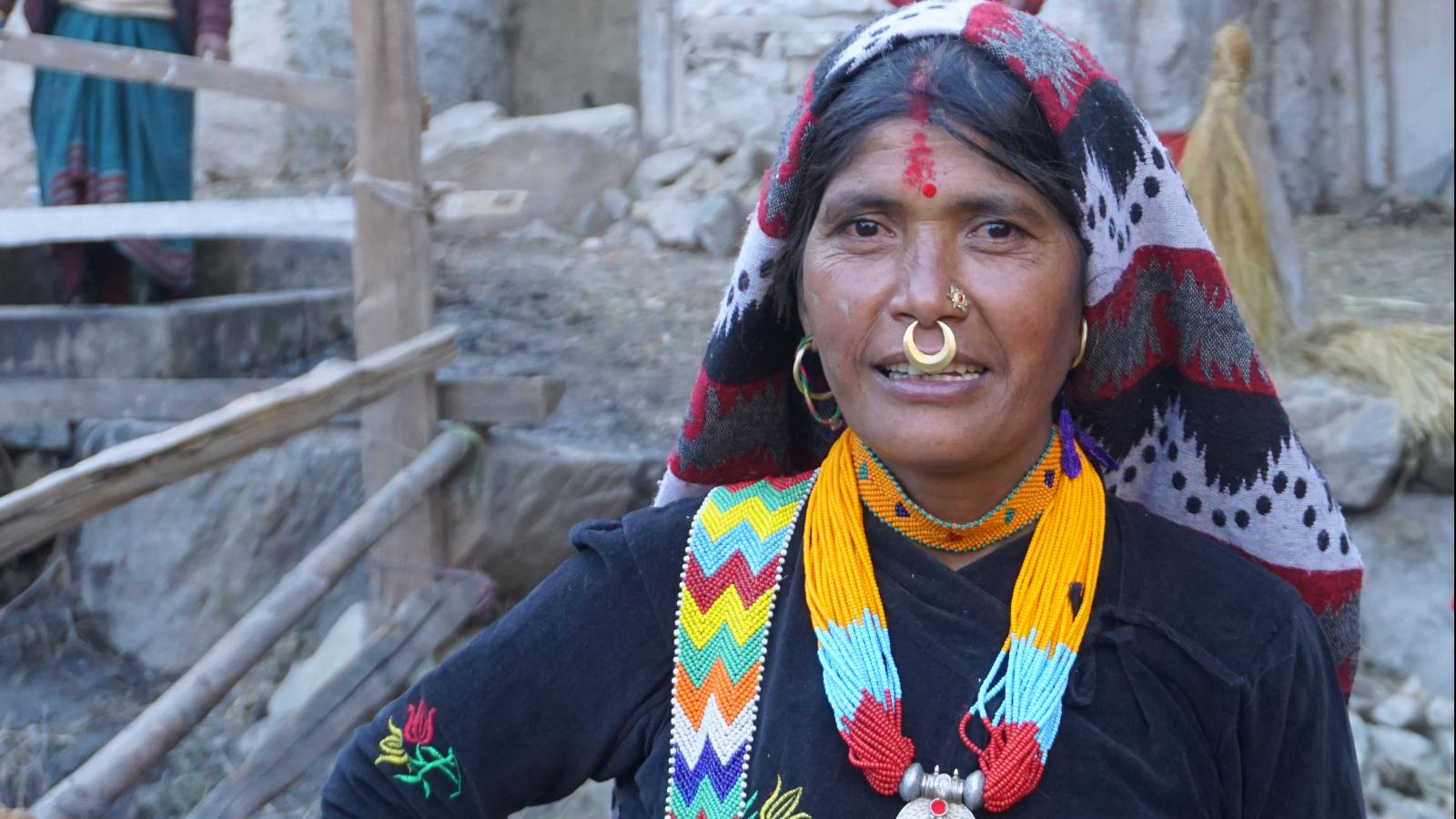Climate change has put extra pressure on the people of the already vulnerable Palata district of Nepal. Both their farmland and forests have been damaged, and it is difficult to get food on the table. Now a project that Mission East is part of will change that development.
Sustained droughts, irregular rainfalls and other climate-related problems have made the area around the village of Thirpu one of the driest and most underdeveloped areas in the Palata rural district of Kalikot, a remote and hard-to-reach mountain district in Nepal.
The changing climate has taken a heavy toll on the agricultural land, making it difficult for the local population to grow enough food to feed their families off their lands.
Drought and landslides
The local forests had also been damaged by overharvesting of wood for fire, which has brought drought in the villages of Palata with forest areas becoming barren, hilly areas. Moreover, climate change is seriously impacting these areas with periods of no or little rain and other periods with heavy rain. This led to regular landslides, and the lands also did not contribute as a food source for the local population but were instead poorly utilized as grazing areas for cattle.
After several unsuccessful attempts to restore the forests, the authorities handed over the forest areas to the locals in a 40-year lease, and then things were set in motion.
New trees are planted
A project called ‘Advancing Resilient Local Development in the Himalayas’ was launched in collaboration with the rural municipality and with support from Centre for Church-Based Development (CKU). Mission East has provided technical assistance and experience from countless similar projects, such as which species of trees are optimal, when it is best to plant and so on.
In addition, Mission East has trained locals in caring for the local forests. It was important from the offset to create public awareness of the need to preserve the forest areas and the value of these.
The project bought 200 olive plants, and the local community joined forces to also plant lemon, olive, pomegranate trees and other types of trees in what is now called Kalashilla Forest.
Protecting the forest
Ms Kali Damai, a member of the committee representing the forest users, is aware of the importance of protecting the forests and the source of food they represent: “People from the local community are encouraged to protect the forests, so that they will be beneficial long term.”
Due to, among other things, Mission East’s hard work creating support and information about the project, it has also been possible to acquire funds from the local authorities to build a stone setting around the forest so that the trees are protected. Finally, grazing cattle in the forest is now completely forbidden.
The forest becomes a sustainable source
Now the trees and plants are preserved, and the forest is growing. And very soon the local community can start harvesting the fruits of the new forest, which will be a great help in their daily struggle to secure food on the table.
The project has also constructed a water reservoir in the area for irrigating the trees, so that the forest is secured as a sustainable source of firewood and timber, herbs, etc. for the community for a long time to come. The forest will also secure the village against landslides and will benefit the community financially in the long run.
Kalashilla Forest is becoming a ‘model forest’ for the whole rural area to inspire similar projects.

